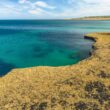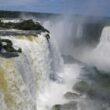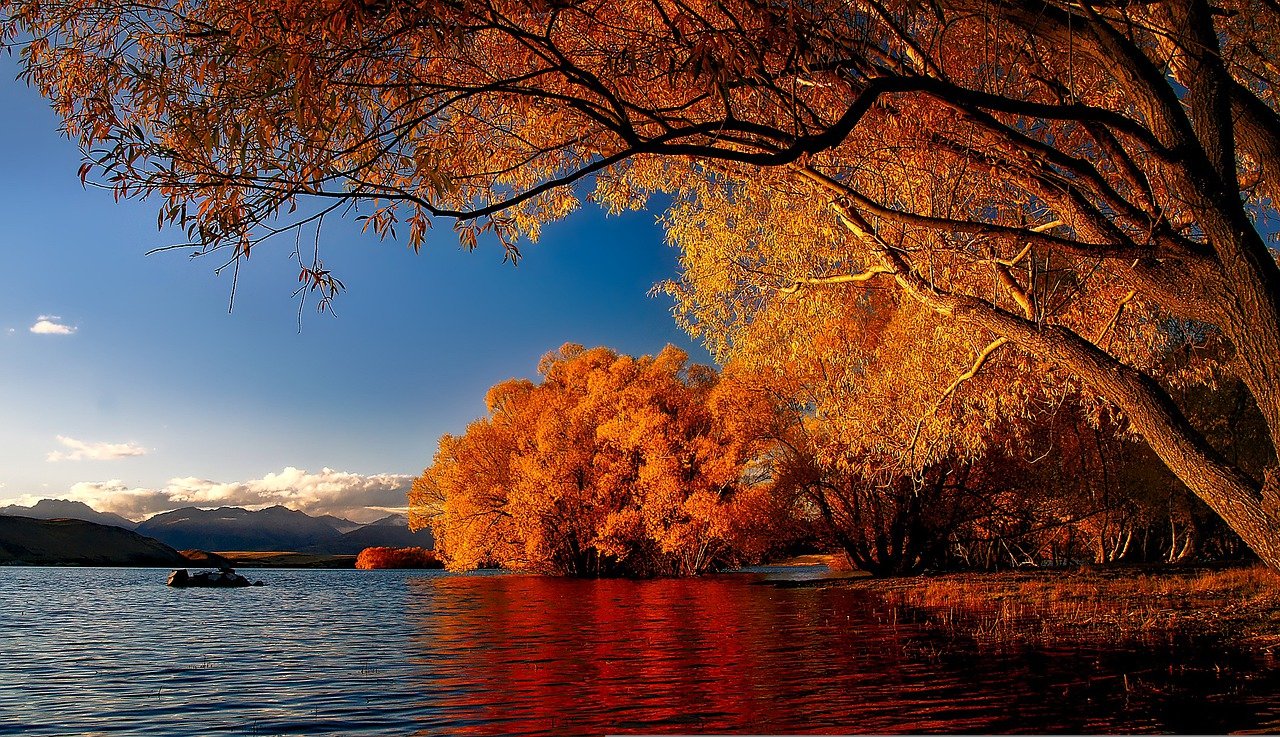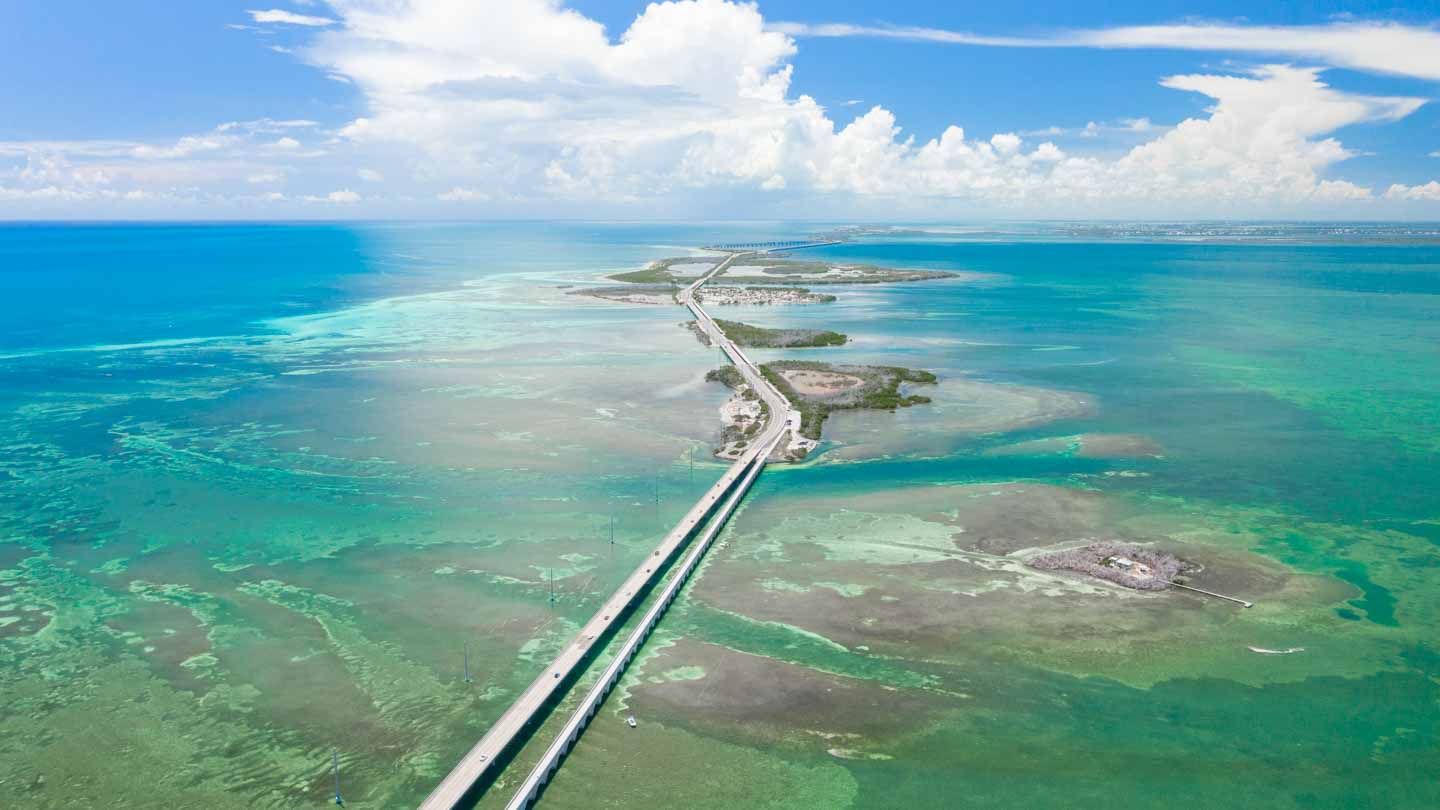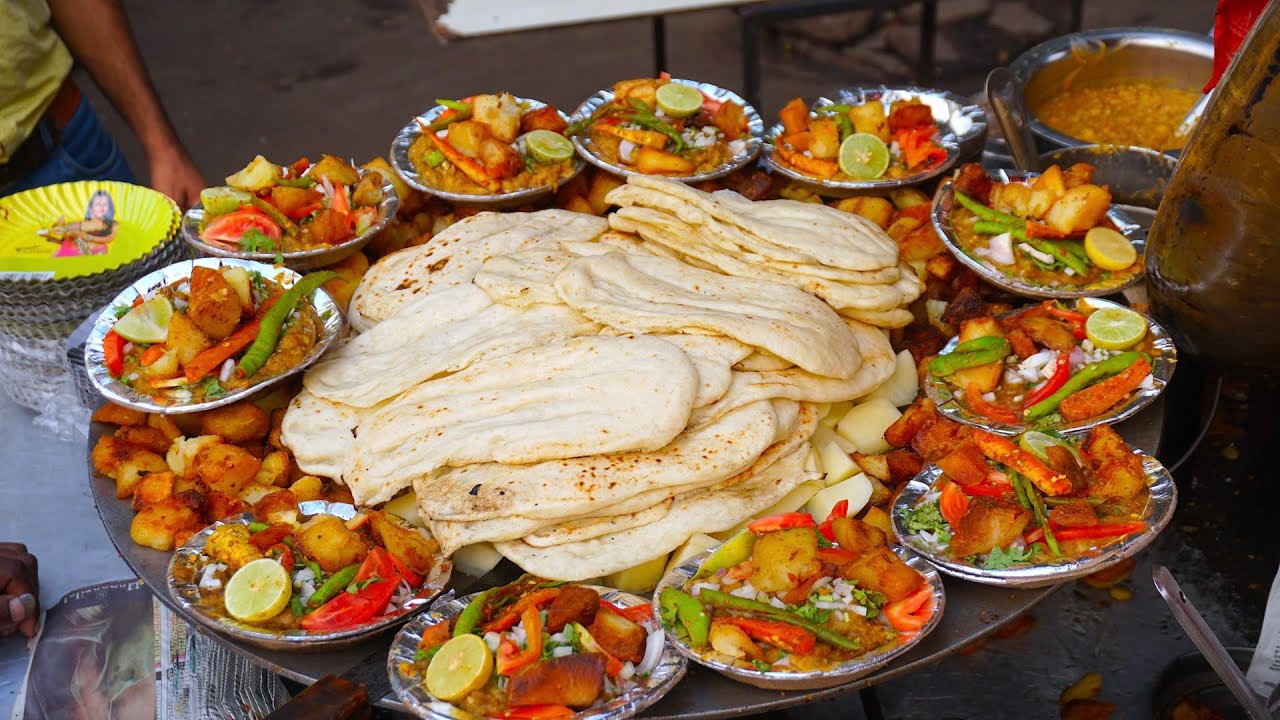Safety in New Zealand: Ranked as the second safest country in the world, the island country of New Zealand is one of the best places to visit, and safety is always a high priority in New Zealand. While a sense of security can be a luxury in many countries, New Zealanders are used to it. However, it is natural and rational to worry about your safety while traveling to a foreign country. It is important to be prepared for any unforeseen situation that may happen. “Pray for the best, prepare for the worst” should be the mantra for all. That being said, in New Zealand, the chances of something negative happening are very slim.
Tips for ensuring safety in New Zealand
- Take as much care as you would in any other country, or at home.
- Take copies of your important documents (like your passport and credit card) and keep them separate from the originals.
- Keep a record of the description and the serial number of valuables (such as cameras, tablets, and smartphones).
- If you feel unsafe or in danger carry a mobile phone and don’t hesitate to dial New Zealand’s emergency phone number – dial 111. Calls are free.
- Travel with someone you know and trust whenever possible.
- We recommend that you do not accept rides from strangers and do not take hitchhikers.
- If you are out at night, stay in a well-lit place where other people are present. Do not take shortcuts from parks or alleyways. Take a taxi or ride with someone you know.
- Avoid accepting drinks from strangers and never leave your drink unattended.
- Carry a basic first aid kit for use in an emergency.
How to keep your belongings?
Although overall security in New Zealand is very reliable, crimes such as theft and pickpocketing are quite common. So there is a need to be alert and alert.
- Always turn off your campervan or the accommodation where you are staying whenever you are not around. Do not keep important documents loose in your vehicle/residence.
- Park your campervan only in designated areas and do not venture into secluded areas.
- Do not take/withdraw large amounts of cash or jewellery.
- Do not leave your bags, purse, camera, and other belongings unattended in any public place.
- If you are stolen or if your belongings are stolen, report them to the local police immediately.
Safety in New Zealand While Travelling by Public Transport
It is overall safe to travel by public transport in New Zealand. To save you from any inconvenience, below are some tips and advice to help you travel with ease:
- Intercity buses: Since New Zealand has a low population density, it is impractical to provide extensive public transport facilities. Hence, intercity buses are manufactured more frequently in important/congested cities like Auckland, Queenstown, etc. Thus, buses may not be a good option if you plan to travel to a less crowded place.
- Car Rental: Car rental is a very common and reasonable option in New Zealand. Many companies like Jucy, Omega, and Apex are providing this facility. However, if you are not used to driving on the left, it is better to get used to it first.
- Hitchhiker: Not having a hitchhiker is the safest option one can have. Everywhere there are some people with whom traveling in a car might not be safe. However, if you want or need to, New Zealand Police strongly advise not to travel alone and to travel short distances.
- Kiwi Experience Bus: A safer alternative to hitchhiking, the Kiwi Experience is a bus network specially designed for tourists. Traveling on selected routes has flexible and hassle-free facilities that you can “hop on and hop off” from anywhere.
Safety in New Zealand – Food
Food hygiene and safety are moderately safe in New Zealand. There have been complaints of foodborne illnesses with Campylobacter food poisoning as the main cause. Certain foods such as raw meat and seafood are susceptible to carrying harmful bacteria, so use caution. Follow Kiwi’s Rule of 3 C’s – Clean, Cook and Refrigerate and protect yourself from getting sick.
Staying safe in the water in New Zealand
New Zealand’s extensive coastline and network of waterways provide ample opportunities for swimming, boating, and fishing. However, many people are not prepared for the potential dangers of water. Here’s a guide on how to stay safe on New Zealand’s beaches and waterways
- If in doubt, stay out.
- Do not swim or surf alone, or when cold or tired.
- Swimming among the flags. Beaches with potential danger are often patrolled by lifeguards, who carry yellow and red flags. The safest place to swim is between these flags. Listen to the advice of lifeguards.
- If you have children with you, keep an eye on them at all times.
- Learn to recognize ocean rip currents.
Drinking and Smoking Laws in New Zealand
You can buy and smoke cigarettes if you are 18 years of age or older. You will need to show an approved ID proof to enter the licensed premises and purchase alcohol. If you do not comply with the law you can be fined up to NZD 2000. It is illegal to smoke indoors, including in restaurants and bars.
Drug Laws
New Zealand has strict drug laws. It is illegal to use, possess, or traffic drugs. Fines for its supply and manufacture range from a fine of NZD 500 to imprisonment of up to 14 years. You can find people smoking cannabis (most common in New Zealand) at parties, concerts, and bars but it is still illegal!
Laws Related to Dumping and Littering
New Zealanders are extremely conscious and protective of nature and the environment. Tourists are expected to take the “Tiaki Promise” by which they commit to being the guardians of nature. Trashing is punishable by fines ranging from NZD 100 to NZD 400.
Emergency Services
- Police, Ambulance, or Fire- 111
- If it is not an emergency and you want to report it to the police – 105
- Reporting a minor traffic incident – *555 from your mobile phone.
Safety in New Zealand for female travelers
New Zealand is the safest country in the Asia Pacific for women. Women are generally very safe when traveling to New Zealand, although there are always general precautions to be taken:
- While it is safe until nightfall, avoid walking alone in the middle of the night.
- Never hitchhiker alone and beware of creepy strangers.
- Be careful and plan a safe means of getting back to your accommodation when you are away.
- Sexual harassment is uncommon in New Zealand, however, that doesn’t mean it doesn’t happen.
Safety in New Zealand for LGBTQ Community
New Zealand is a great place for LGBTQ people to live and has served as a torchbearer of LGBTQ rights and legalized same-sex marriage in the past. There is a whole range of laws that protect and support the community. Therefore, travelers can enjoy all it has to offer and not self-censor and worry about perceptions and their safety.
New Zealand is a wonderful country to visit and if you are careful and alert enough, you will have the time of your life!
Similar Articles
- New Zealand – The 10 Best Road Trips
- New Zealand Festivals You’ve Never Heard of
- Top Places to Visit in New Zealand
Important Links
Time in New Zealand (Link)
New Zealand Flag (Link)
New Zealand Map (Link)
Auckland New Zealand (Link)
New Zealand Prime Minister (Link)
New Zealand News (Link)
New Zealand Currency (Link)
New Zealand Dollar to USD (Link)
Capital of New Zealand (Link)
Frequently Asked Questions About New Zealand
Q. Is New Zealand friendly to foreigners?
A – Like many other countries, New Zealand bears traces of colonization with a society made up almost entirely of immigrants. However, kiwis do not delve into the past. They are open-minded, friendly, and welcoming to other nationalities and cultures.
Q. Is New Zealand a good place to live?
A – Yes it is! If you are looking for a safe and stable place, New Zealand is the place to go. It is consistently rated as one of the safest countries in the world with a very low crime rate.
Q. Is New Zealand in Europe or Asia?
A – Australia and New Zealand are part of the continent of Oceania and are on separate tectonic plates from Asia. So when people talk about both countries, they might not think of them as part of Asia. But they are an integral part of the Asia-Pacific region, also known as the Apac.
Q. Can I move to New Zealand without a job?
A – Most individuals looking for a long-term stay will need an NZ job offer. Whether to apply for a work visa or a residence visa under the Skilled Migrant Policy, most expatriates are required to obtain an offer of skilled employment in New Zealand.
Q. What is the best time of year to visit New Zealand?
A – The best time to visit New Zealand is during the summer months of December to March. Expect long, bright, sunny days and temperatures between 61°F and 75°F. It is an ideal time to visit the beautiful beaches or enjoy the many outdoor activities available like hiking and mountain biking.
Q. How many days do I need in New Zealand?
A – The short answer is 14 days as the minimum time frame to visit both the North Island and South Island of New Zealand. This is about a week’s travel time to both the islands and is enough for any visitor to experience the best of the country.
Q. What is the cheapest time to go to New Zealand?
A – The low season (June-October) is the cheapest time to visit, although prices tend to be higher in resort towns with ski areas. Some attractions in other areas will be closed, although most major attractions are open year-round.
Q. What is the coldest month in New Zealand?
A – The coldest month is usually July and the warmest month is usually January or February. In New Zealand, there is generally a relatively small variation between summer and winter temperatures, although inland and east of the range the variation is greater (up to 14 °C).
Q. What is the best way to see New Zealand?
A – Driving is by far the easiest way to see New Zealand. Getting around the city by public transport is excellent in some countries (and New Zealand has plenty of buses) but driving allows you to really get off the beaten track and explore at your own pace.
Q. What is the best way to travel in New Zealand?
A – If you are not renting a car, buses are the best and cheapest way to get around New Zealand. Buses stop in every city, and there are frequent departures from smaller towns as well. InterCity, New Zealand’s largest public bus network, is your main option.
Q. Is New Zealand Expensive for Tourists?
A – New Zealand is certainly not cheap. Groceries, transportation, and accommodation are sometimes more expensive than in the Netherlands. In addition, our way of traveling through New Zealand with a campervan is expensive, and we have done some expensive activities.
Q. Is food expensive in New Zealand?
A – Food prices in restaurants in New Zealand will vary greatly, but you can expect to pay anywhere between $NZ12 to $NZ20 for breakfast at a restaurant and around $NZ30-$NZ50 per person for dinner.
Q. What is New Zealand known for?
A – A small island nation of about 4.5 million people located in the Pacific Ocean, New Zealand is famous for its national rugby team, its indigenous Māori culture, and its picturesque landscapes. If you are an international student considering studying abroad, New Zealand can be a far cry from home.

